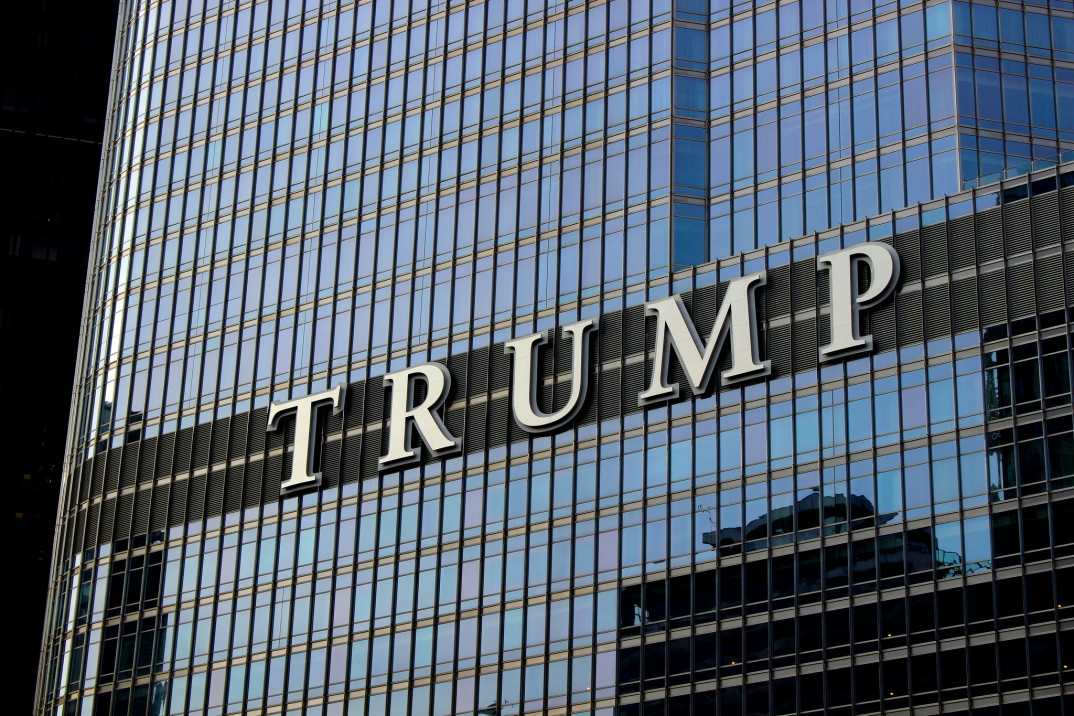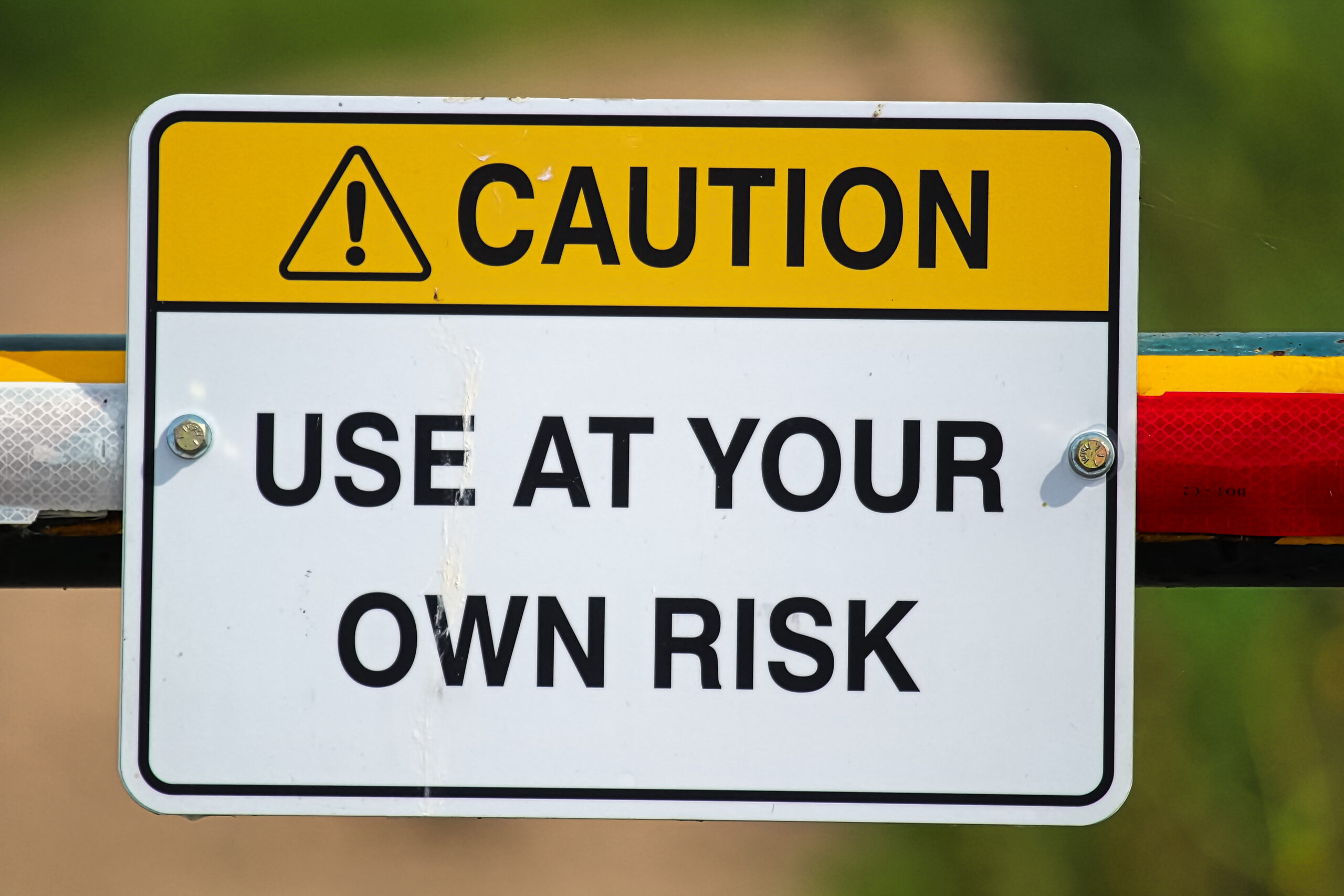A Nation-Sized Conflict of Interest
The election of Donald Trump is in many ways unprecedented, and among the most puzzling effects might be how the president-elect will have to deal with his financial and legal obligations. The New York Times predicts that “a theme of Mr. Trump’s presidency is likely to be the clash of his duties running the country with the remnants of his decades as a hard-charging businessman.” Though relatively little legal precedent exists for the scale of Trump’s financial dealings, some things are established: the Trump family can continue to run their businesses, but Trump will not be immune to any court proceedings against him.
The conflict of interests could be massive. In fact, Trump might not even be required to put his holdings in a blind trust, as technically the president is not considered an employee. He answered in a debate in January that if he did use a blind trust, the holdings would be controlled by at least one of his children, sparking his comment reported by the New York Times, “Well, I don’t know if it’s a blind trust if Ivanka, Don and Eric run it.”
Trump’s continued connection with his business holdings would mean that his name would still be attached to his brand, and any actions Trump takes as president could directly affect how his brand’s value fluctuates. Thus, Trump’s business interests overseas could dictate his actions and comportment towards other nations as president. Though there is no way to tell what Trump might do, we cannot help but question the ethics of allowing such a personal and national conflict of interest to occur. Indeed, it is difficult to identify whether the nation or the business will serve as the primary interest.
In spite of the Trump’s refusal to submit his tax returns, high-level federal officials are still required to “publicly disclose their personal financial interests” which gives a degree of transparency to process, and “serves to prevent financial conflicts of interest by providing for a systematic review of the finances of government officials,” according to the White House website. Thus, Trump will also be required to make known his sources of revenue.
The president-elect is simultaneously engaged in other litigations, the New York Times reports, which include disputes with Trump University former students, two celebrity chefs who backed out of their contract with him in 2015 after some of his comments, and airline jets that fly over his property in Florida. These lawsuits require a large amount of financial energy and time, both of which can only become more pressing as Trump nears office. And, as Clinton v. Jones established in 1997, the president can face the legal consequences should he lose the suits. As former President Clinton was impeached, so too might President-Elect Trump.
Several conflicts of interest are at stake here, and not all can be blamed on President-Elect Trump. Though perhaps Trump’s continued attachment to his brand and company while simultaneously holding the highest office in our country is personally ill-advised and immoral on his part, Trump cannot be blamed for the fact that this practice is not illegal. Trump’s conflicts of interest are possible because our nation has not outlawed any of them, and that is perhaps the most pressing ethical quandary present in the discussion.





